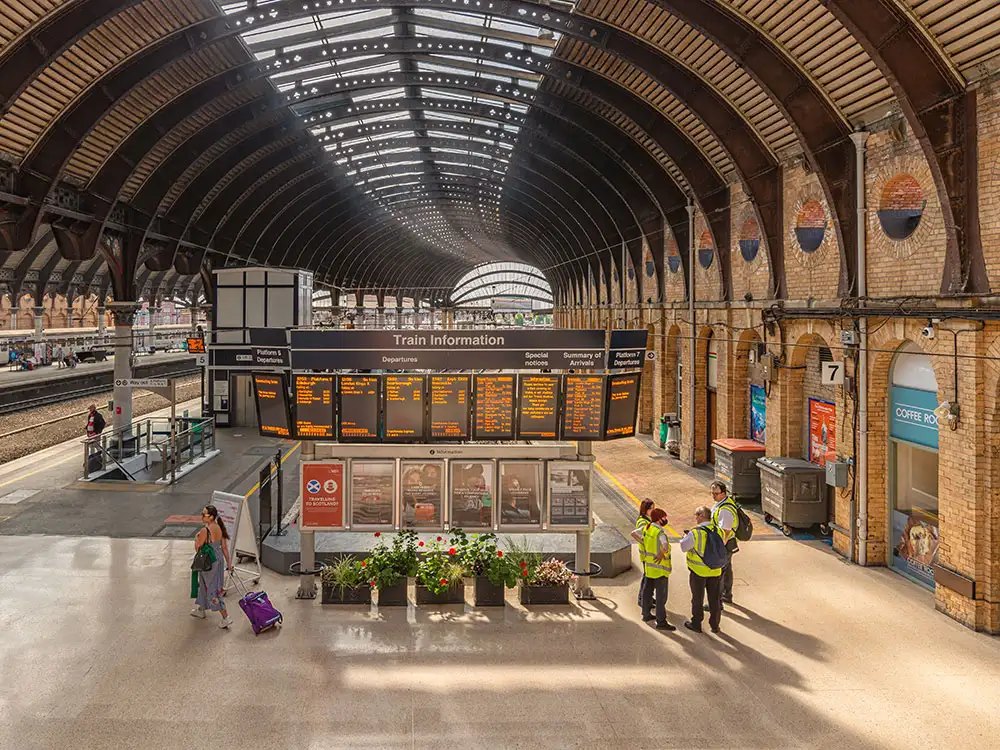Train drivers are to stage a series of one-day strikes and a nine-day ban on overtime next month in their long-running dispute over pay.
The Aslef union said the new walkouts will “ratchet up the pressure” on train companies and the Government to give train drivers their first pay rise in more than four years.
All Aslef members will refuse to work any overtime from Friday 1 December to Saturday 9 December.
Here are the dates and train operators affected by the Aslef strikes:
- 2 December – LNER and EMR
- 3 December – Avanti West Coast, Chiltern, Great Northern Thameslink, and WMT
- 5 December – C2C and Greater Anglia
- 6 December – Southeastern, Southern/Gatwick Express, the SWR main line and depot, and on the Island Line
- 7 December – CrossCountry and GWR
- 8 December – Northern and TPT.
Aslef said it had previously called all its members out on strike on the same day but by spreading the action, the ramifications for the rail industry will be “greater”.
“We are determined to win this dispute and get a significant pay rise for train drivers who have not had an increase since 2019, while the cost of living, in that time, has soared,” Aslef general secretary Mick Whelan said.

Aslef said it had successfully struck pay deals with 14 companies in the last 12 months, including freight firms, open-access operators, Eurostar, and passenger companies in Scotland and Wales where transport issues are devolved.
“We have been unable to do a deal with the 16 train operating companies (TOCs) in England controlled by the Government.”
“We will continue to take industrial action until the train companies – and/or the Government – sits down and negotiates with us in good faith.”
Aslef has held 14 one-day strikes during the 18-month dispute, causing huge disruption to services across the country.
Strikes have also been held since June 2022 by members of the Rail, Maritime and Transport union, who are now voting on a deal aimed at resolving their dispute.
